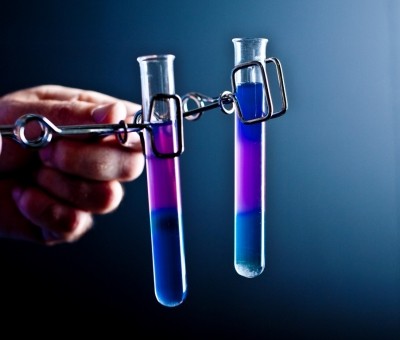SGS UK expansion to test biologics transport risks

The facilities will use an automated thermal cycling chamber to simulate the extremes of temperature and humidity a biopharmaceutical drug can undergo during transit.
SGS spokesman Ferdinand Dabu told Outsourcing-Pharma.com shipping biologics securely is challenging because they are typically protein-based and more sensitive to temperature changes: “They do need to be handled differently from your small molecule drugs.
“Let’s say you’re shipping it to India, where there’s a more extreme climate [than the UK]. As the drug product is flown in the airplane, it’ll probably be exposed to 4°C, and then [when it is unloaded] 30°C until it gets into the proper storage.”
Thermal cyclers are programmable to perform a barrage of temperature-cycling simulations automatically, at customer-specific ranges from ‑70°C to +180 °C and 10 % relative humidity (RH) to 98 % RH.
The “shipping route risk assessment” provided by the thermal cycling chamber is different from traditional stability tests, which check how a drug fares over a long period of time, often for regulatory and GMP compliance after it hits the market.
Rather than testing long-term degradation, shipment excursion tests only briefly simulate transit conditions and provide a snapshot of what a medicine is exposed to during distribution.
Formulation testing
Dabu told us as well as transit testing, the future biologics lab will offer a complete analysis programme, offering molecule characterisation and pre-formulation and formulation testing to optimise drug development before the downstream stage.
“What you have at Wokingham is the ability to work with the team and have it all under one roof,” he said. “It’s a complete programme rather than being project-based.”
Having all the services on the same site will mean “any product degradation or atypical profiles can be investigated seamlessly during study progress,” said the SGS spokesman. “Additionally, SGS has implemented a revised review structure for faster, more responsive reporting providing a more rapid turnaround of data and reports.”
Biologics ambitions
The Wokingham site which will house the extension was acquired by SGS when it bought UK-based M-Scan in 2010. The firm has made clear its aim to become the world’s top biologics testing provider.
Since 2010, SGS has twice expanded its labs in Poitiers, France, opened an analysis centre in Mumbai, and expanded its Illinois and New Jersey facilities to include biotherapeutics testing, including formulation development. It currently has 20 laboratories performing contract pharmaceutical or biopharmaceutical




















